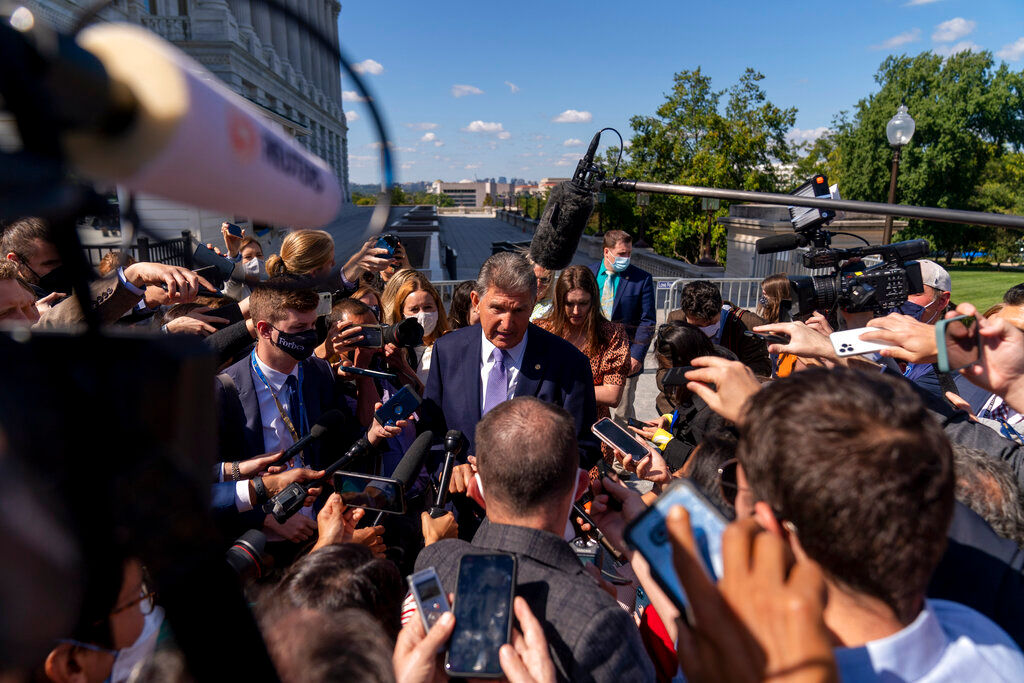After long, late-night negotiations, the Democrats and its allies in the US Congress were unable to save and reach an immediate settlement on President Joe Biden‘s $3.5 trillion budget on Thursday, reported AP. The stalemate forced leaders to call off promised votes on a related public works bill. The talk on the budget will continue on Friday in Capitol Hill.
According to AP, Congress Speaker Nancy Pelosi had pushed the House into an evening session with the top White House advisers ready for talks at the Capitol as the Democratic leaders worked to negotiate a scaled-back plan that centrist holdouts would accept.
Watch: US President Joe Biden booed at Congressional baseball game
To make himself available for the potential queries, President Biden had also cleared his schedule for any calls with lawmakers but no immediate deal could be finalised, with Democratic Senator Joe Manchin of West Virginia and Kyrsten Sinema of Arizona particularly difficult to convince.
Senator Manchin was not ready to budge on the amount of the historic $3.5 trillion. However, none of the senators said no to a deal but a yes is still awaiting.
“I don’t see a deal tonight. I really don’t,” Manchin told reporters as he left the Capitol.
Speaker Pelosi, on the other hand, called it a “day of progress” in a letter to colleagues, but offered few other words on the path forward.
Meanwhile, the White House also released a statement on the matter.
“A great deal of progress has been made this week, and we are closer to an agreement than ever. But we are not there yet, and so, we will need some additional time to finish the work, starting tomorrow morning first thing,” said Jen Psaki, White House’s Press Secretary.
The president’s sweeping proposal topped at $3.5 trillion would essentially raise taxes on corporations and the wealthy and plough that money back into government health care, education and other programs, all of it touching the lives of countless Americans. He says the ultimate price tag is zero because the tax revenue covers the spending costs.
(With inputs from Associated Press)






